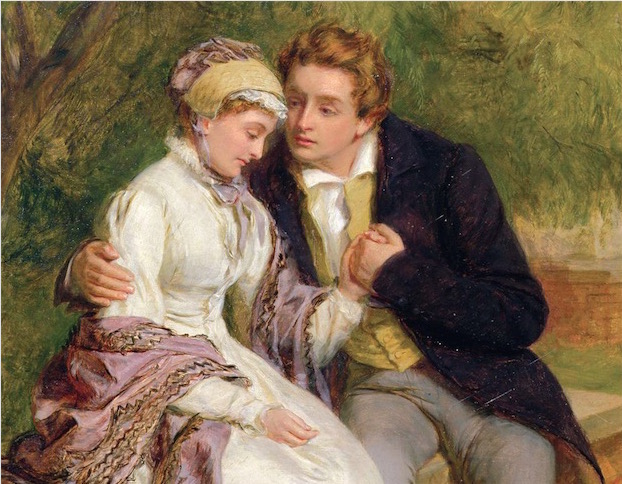I don’t know about you, but watching Christine Blasey Ford’s testimony before Congress about how Supreme Court nominee Brett Kavanaugh had sexually assaulted her when they were in high school, and his subsequent confirmation nevertheless, has made me furious and wondering, why. Why are women considered second class when we clearly are just about half — or in some places in the world, the majority — of the population? 
There are religious reasons, as Susan Squire’s wonderful I Don’t: A Contrarian History of Marriage beautifully explains, which is why men have historically feared women. And if you fear something, well, you must control it. And it seems that that sort of thinking has gotten us to where we are today — with a #MeToo movement that has too many women coming forward with their stories of sexual harassment and violence.
Meanwhile, conservatives want to throw it back on women. After all, aren’t we gals offering men cheap sex? If we’d just stop that and rein in men’s “piggish behavior” via marriage, we’d be good to go.
Not quite.
The problem with traditional marriage
Let’s revisit “traditional” marriage (the kind conservatives love to talk about, as if there was one universal marriage throughout ages and cultures) that might end men’s “piggish behavior.” In Lorraine Berry’s exploration about what Charles Dickens’ David Copperfield reveals about marriage in the 19th century, she found — sadly — much of it is still relevant today:
In David Copperfield, Dickens draws readers’ attention to how the institution of marriage in nineteenth-century Britain was built upon the powerlessness of women. Once a woman entered into matrimony, she became the property of her husband, and he was free to control her — and their children — with little interference from the state. … Throughout the novel, readers are made privy to the interior life of several marriages, and one of the lessons that is repeated throughout is how isolating it is to find oneself married to someone with whom you are unequal or unsuited.
And because women married young in those days, without much schooling, they were “raised to be a wife and mother, not a whole person,” and only needed to learn skills that would “make her future husband happy.”
Not a peep about her happiness …
OK, marriage nowadays doesn’t quite make us a man’s property, and we gals are no longer raised to be “a wife and mother, not a whole person,” whose only skills are to make our future husband happy, although there’s still a lot of pressure to be a good wife and to tie the knot sooner than later.
But when it comes to the powerlessness … hmm. Despite the you-go, lean-in messages we women have been given, we are fully aware of who has the power and who’s controlling whom.
Seeing women as men’s servants
It’s clear from the way Trump talks about women and still gets to be president to the Kavanaugh hearings and subsequent confirmation, many men still see women as inferior and dishonest beings, given that coming from Adam’s rib and apple temptation thing. “If it was God who established that women are to be men’s servants,” Berry writes, “than no human facts can overturn that truth.”
Screw that thinking.
She notes how David Copperfield addresses how some “gentlemen,” no matter how revered by their community, can still be abusive to their loved ones in private, when no one could see them. And that is particularly relevant to what has just played out with the Kavanaugh hearings:
These past weeks have demonstrated that we still live in a time when people will insist that they can know how a man behaves in private based on his public persona. In 1850, Dickens showed that great disparities between public and private could exist. We forget that fact at the expense of women and children abused behind closed doors.”
About 24 people a minute are victims of rape, physical violence or stalking by an intimate partner in the United States — more than 12 million women and men a year. The most dangerous time for a woman is when she leaves a marriage — about half are murdered within three months after leaving, nearly three-quarters are killed two to six months after separating.
Think about that.
Women continue to pay for the sins of men, Rebecca Solnit writes,
We know there is virtually nothing a straight white man can do to discredit himself, especially if he has elevated status. We routinely see plagiarists, domestic violence perpetrators, liars, thieves, inappropriate masturbators, gropers, and incompetent men put forward as reliable sources and respectable citizens.”
None of us can know how a man — or woman — behaves in private based on his or her public persona. Now, what are we going to do with that?
Interested in a marriage based on your values? (Of course you are!) Find The New I Do: Reshaping Marriage for Skeptics, Realists and Rebels (Seal Press) at your indie bookstore or on Amazon; follow us on Twitter and like us on Facebook.
















